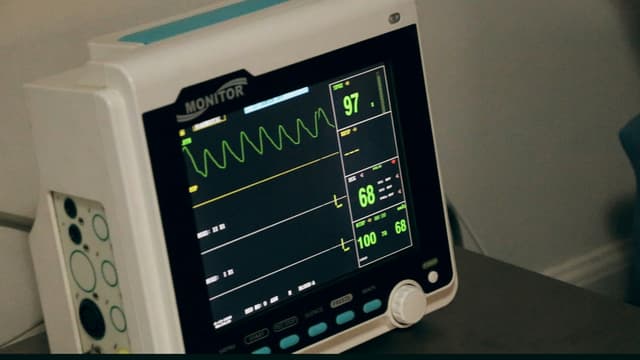Heartbeat Signal Classification Dataset
Public Health & Epidemiology
Tags and Keywords
Trusted By




"No reviews yet"
Free
About
Segmented and Preprocessed ECG Signals for Heartbeat Classification
Dataset Features
List and describe each column or key feature of the dataset.
- ECG Signal: A sequence of values representing the electrocardiogram signal for a heartbeat. Each value corresponds to the amplitude of the signal at a given point in time.
- Class Label: The classification label indicating the type of heartbeat. The categories include:
- N: Normal heartbeat (0)
- S: Supraventricular premature beat (1)
- V: Premature ventricular contraction (2)
- F: Fusion of ventricular and normal beat (3)
- Q: Unclassified heartbeat (4)
Distribution
Detail the format, size, and structure of the dataset.
- Data Volume:
- 109,446 samples from the MIT-BIH Arrhythmia Dataset, 5 categories.
- 14,552 samples from the PTB Diagnostic ECG Database, 2 categories.
- 125Hz sampling frequency for both datasets.
- Each sample is cropped, downsampled, and padded to a fixed size of 188 data points.
Usage
This dataset is ideal for a variety of applications:
- Heartbeat Classification: Identifying different types of heartbeats, such as normal or arrhythmic conditions.
- Medical Diagnosis: Assisting in detecting conditions like arrhythmias and myocardial infarction using machine learning models.
Coverage
Explain the scope and coverage of the dataset:
- Geographic Coverage: Global (derived from international ECG databases).
- Time Range: The data represents historical ECG records without a specific time range (general ECG patterns over time).
- Demographics (if applicable): The dataset includes data from diverse populations with various heart conditions, such as normal heart rhythms, arrhythmias, and myocardial infarction.
License
CC0
Who Can Use It
List examples of intended users and their use cases:
- Data Scientists: For training machine learning models, especially deep neural networks, for heartbeat classification.
- Researchers: For conducting studies on heart disease and arrhythmia detection.
- Medical Professionals: To enhance diagnostic tools that classify heartbeats and predict heart diseases.
This dataset is segmented and preprocessed, making it ideal for use in the development of machine learning models focused on heartbeat classification. The dataset has been used in research exploring the power of deep learning and transfer learning in ECG analysis.
Loading...
Free
Download Dataset in CSV Format
Recommended Datasets
Loading recommendations...
